We offer a strong Master of Science MSc degree in Science Communication deigned to prepare for the growing range of science communication jobs around the world.
| Programme Details | |
|---|---|
| Awards Available | MSc |
| Duration | 1 year Full Time 2 years Part Time |
| Location | UCL Bloomsbury Campus |
UCL's programme in Science Communication brings together one of the biggest groups of science communication researchers and teachers in the world. We are interested in how the relationship between science, technology and society is mediated and how these relationships shape the globally connected world.
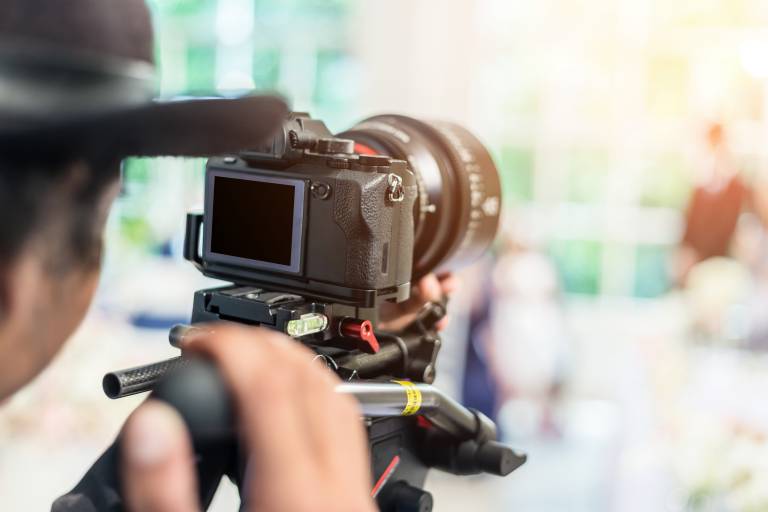
The UCL MSc Science Communication
Developed to prepare students for the growing number of science communication jobs - from journalism and broadcasting, to public relations, public engagement and online campaigning – our MSc Science Communication focuses on state-of-the-art professional communication, journalism and engagement expertise from around the world, combined with an academic underpinning from science and technology studies. We help develop professional-quality communication skills that are thoughtful, creative and change how people think about science in the digital, connected and global world.
See some of our students’ work and what they have to say Here.
Find out what our students thought about our new MSc Science Communication course Here.
The UCL MSc Science Communication has three standout features:
- Practical training delivered by world-leading science communication professionals, closely connected to the wider world of work
- An academic backbone informed by Science and Technology Studies
- A global perspective on science communication
Find out more about the programme the modules on offer and how to apply.
Course Content
The curriculum is divided into two parts: theoretical and practical, with a core of three compulsory theoretical modules and three compulsory practical modules, plus a final project. Students also take one optional specialism module and can choose one module from the Level 7 (Master level) HPSC module catalogue.
Core Theoretical Modules:
- Engaging the Public with Science
- Science Communication in a Global Perspective
- Science Communication and Social Justice
Core Practical Modules:
- Practical Science Writing
- Practical Science Broadcasting
- Digital Media Skills for Science Communication
Final Project
Specialism Modules:
- Science Journalism
- Science and the Publishing Industry
- Curating Science and Technology
Please note that specialism modules may vary each Academic Year.

The UCL Science Communication Team
Academic Staff
The programme Co-Directors are Dr Melanie Smallman and Dr Jean-Baptiste Gouyon. Both have academic and practical experience in science communication.
- Dr Melaine Smallman - Programme Lead
- Melanie’s research focuses on the social impacts of science and technology and how these impacts shape public views around new and emerging technologies and public policy. She is also founder and Director of Think-Lab, the UK’s first science communication practice.
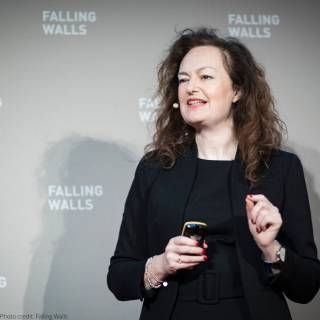
Full Profile: www.ucl.ac.uk/sts/people/dr-melanie-smallman
Other academic staff associated with the science communication programme
- Dr Simon Lock
- Dr Lock's research interests focuses on the science communication, public engagement with research, the governance of science, sociology of new technology and science in public.
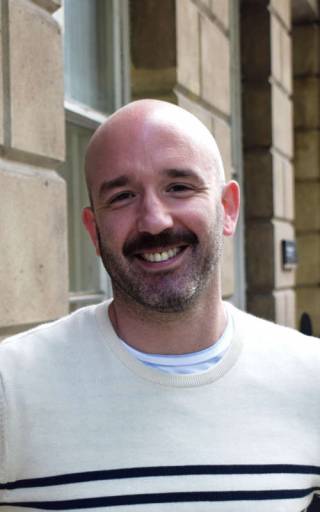
Full Profile: ucl.ac.uk/sts/people/dr-simon-lock
- Dr Emily Dawson
Dr Dawson's work focuses on how people encounter and engage with science, with an emphasis on equity and social justice. My research and teaching explore how science engagement practices, from school classrooms, to museums, to watching TV at home, set certain kinds of people up to be successful when they encounter science, while others are set up to fail.
- Dr Stephen Hughes
- Dr Hughes is delivering a Responsible Innovation programme to EPSRC CDT doctoral students across UCL. He is interested in exploring the intersection of emotion and responsibility in research cultures.
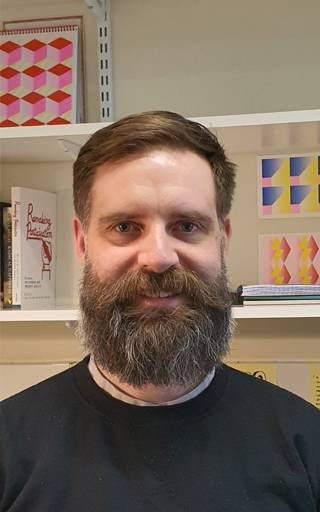
Full Profile: iris.ucl.ac.uk/iris/browse/profile
- Dr Charlotte Sleigh
- Dr Sleigh is a researcher, writer and practitioner across the science humanities. Her research interests began in the history of biology, and have continued as such with an emphasis on animals.
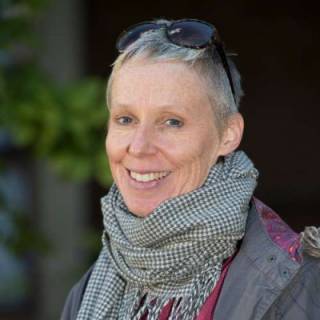
Full Profile: iris.ucl.ac.uk/iris/browse/profile
- Professor Joe Cain
- Professor Joe Cain delivers our module on Science and the Publishing Industry. He’s a historian and philosopher of biology by training, andhe delivers our module on Science and the Publishing Industry. Joe has held positions in academic publishing and trade publishing. He hosts the podcast, WeAreSTS.
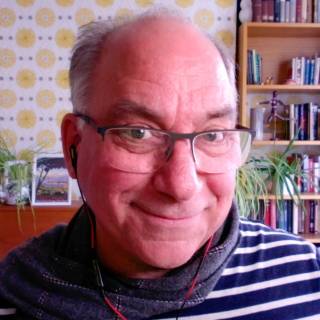
Full profile: ucl.ac.uk/sts/cain
You can hear our team talking about their work Here.
Practical skills staff
Our practical modules are delivered by science communication professionals, who will help students hone their skills in producing science communication product
- Helen Pearson - Chief Magazine Editor for Nature
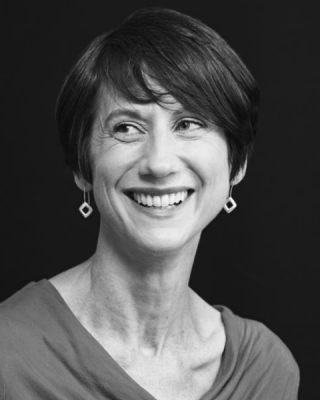
Helen is a science journalist and is Chief Magazine Editor for Nature, the world’s leading science journal, where she oversees journalism and opinion content.
Full Profile: helenpearson.info/
- Richard Fisher - Senior Commissioning Editor at BBC Future
- Richard is a writer, senior commissioning editor at BBC Future and experienced digital team leader, specialising in science, technology and health journalism.
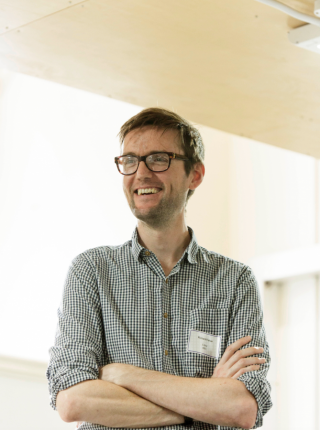
Full Profile: richardfisher.carrd.co
- Noah Baker - Chief Multimedia Editor at Nature
- Noah Baker is an award-winning multimedia journalist, Chief Multimedia Editor at Nature, producing content for Nature Video and for the Nature Podcast.
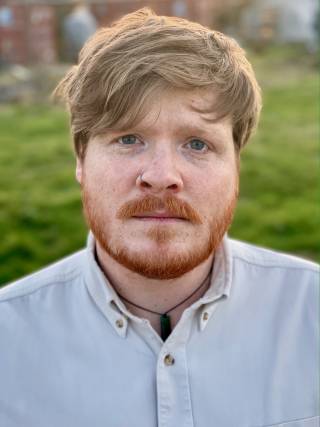
Got any questions before submitting an application for our new MSc Science Communication? Our FAQs are here to help.

 Close
Close

